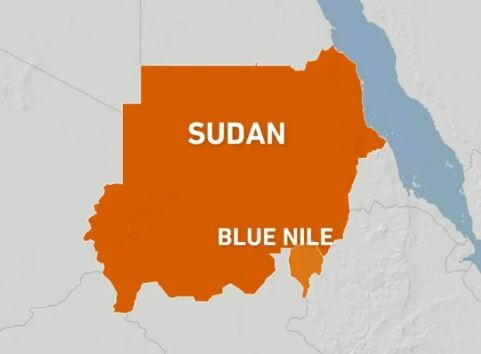Numerous inhabitants of Sudan’s Blue Nile State, have voiced grievances regarding the surge and disparity in commodity and goods prices, particularly clothing and Eid necessities.
This exacerbated the suffering of the citizens as they approached the Eid al-Fitr celebrations amidst a burdensome year characterized by war in most parts of the country. The Sudanese people have endured hardships due to the ongoing war that shows no signs of abating, coupled with the state’s inability to meet the financial dues of its employees for nearly ten months or more.
Ali Abu Al-Hassan, a government employee and a resident of the region, said the devastating impact of the war is obvious.
“As we approach the final days of Ramadan and the onset of Eid al-Fitr, the impact of the war on citizens is evident, compounded by the non-payment of salaries to state employees and the rising prices of goods and services,” he stated. “The state employees in Blue Nile State have never experienced such circumstances before.”
Mohammed Ali, a clothing merchant in the Damazin market, blamed the government and its mismanagement of economic affairs in the state.
For his part, a wholesaler, Mohamed Al-Tayyib, attributed the price hikes to several factors, including the length of transportation routes, excessive taxation, increased transportation costs, and weakened purchasing power.
Similarly, another merchant, Omar Jaafar, urged the government to tighten market controls through regulation and monitoring to stabilize prices, ensuring citizens’ well-being.
Meanwhile, Ibrahim, the Secretary-General of the Provisional Trade Committee in the region, stated that despite the exceptional circumstances facing the country, compared to other Sudanese cities, the Blue Nile State enjoys an abundance of goods.
“This slight increase in prices is a reality imposed by economic conditions and the repercussions of war,” he said. “I commend the role of organizations operating in the region for alleviating the impact of war on displaced individuals fleeing from war-torn cities, contributing to tranquility and stability in the region.”




